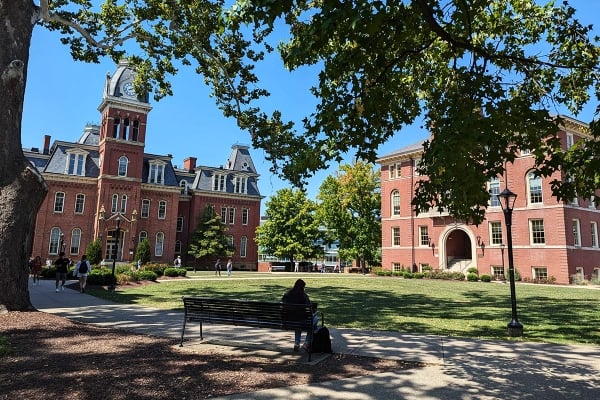One year after facing massive budget cuts, West Virginia University is still feeling the effects as faculty and administrators continue to leave in search of better opportunities.
When the state government slashed the university’s funding by over 10% last year, it forced the institution to make difficult decisions in order to stay afloat. One of the most drastic measures taken was the elimination of numerous faculty and administrative positions, resulting in a loss of valuable expertise and experience.
The impact of these cuts has been significant, with many departments struggling to fill the gaps left by departing staff members. This has put added strain on those who remain, as they are forced to take on additional responsibilities with fewer resources.
The loss of faculty and administrators has also had ripple effects on the quality of education at the university. With fewer professors available to teach classes and provide mentorship to students, the overall learning experience has suffered. This has led to frustration among both faculty and students, who feel that the university is not living up to its potential.
In addition to the strain on academic programs, the exodus of faculty and administrators has also had a negative impact on the university’s research capabilities. Many talented researchers have left West Virginia University in search of more stable and supportive environments, taking their valuable grants and projects with them.
The ongoing hemorrhaging of faculty and administrators has raised questions about the university’s long-term viability. Without a strong and stable workforce, it will be difficult for West Virginia University to attract top students, secure competitive research grants, and maintain its reputation as a leading academic institution.
While the university has taken steps to address the budget cuts, such as freezing hiring and reducing non-essential expenses, these measures may not be enough to stem the tide of departures. As long as the funding situation remains precarious, West Virginia University will continue to struggle to retain its most valuable asset: its faculty and administrators.
In order to stop the bleeding of talent and expertise, the state government must prioritize investment in higher education. By providing adequate funding to universities like West Virginia University, policymakers can ensure that these institutions remain competitive and continue to serve the needs of students and communities across the state.



